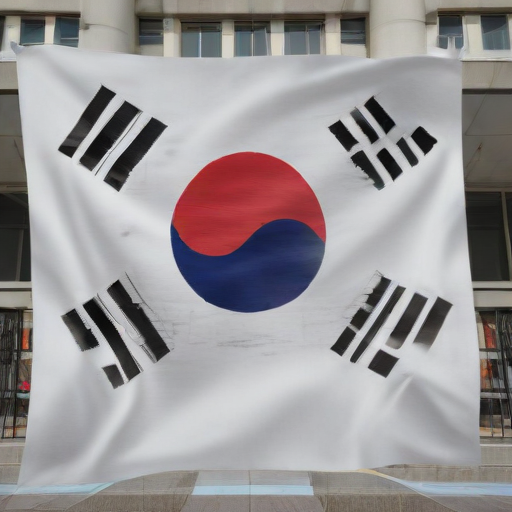In a surprising move, South Korea’s President Yoon Suk-yeol declared martial law on Tuesday night for the first time in nearly five decades, citing threats from “anti-state forces” and North Korea. His late-night television announcement shocked citizens and was perceived as an attempt to navigate significant political turmoil within his government.
The declaration quickly ignited protests, with thousands gathering outside the National Assembly to express their opposition. Opposition lawmakers hastily convened, ultimately voting to nullify the martial law later that night. The dramatic scenes included military personnel deployed at the parliament and clashes with police as protesters chanted against the order.
Analysts describe Yoon’s actions as reflective of a presidency that has faced significant challenges since a sweeping opposition victory in April. His approval ratings have plummeted, reportedly around 17%, following various controversies, including scandals involving his administration and the First Lady. His government has struggled to pass central legislation and has resorted to blocking bills from the opposition.
This declaration of martial law, which historically signifies a breakdown of civil authority, has not been seen since 1979, prior to South Korea’s shift to parliamentary democracy. Despite Yoon’s claims of needing to counteract perceived threats from political adversaries, local media and the public largely considered the move illegal and unconstitutional.
In a positive turn, the swift response of lawmakers and the public demonstrated the resilience of South Korean democracy. The rejection of the martial law order within just a few hours indicates a strong commitment to uphold civil rights and constitutional governance. As South Korea moves forward, many will be watching to see how the political landscape evolves in the wake of this recent turmoil. The hope is that this situation may ultimately usher in more accountability and democratic participation among the populace and leadership.
